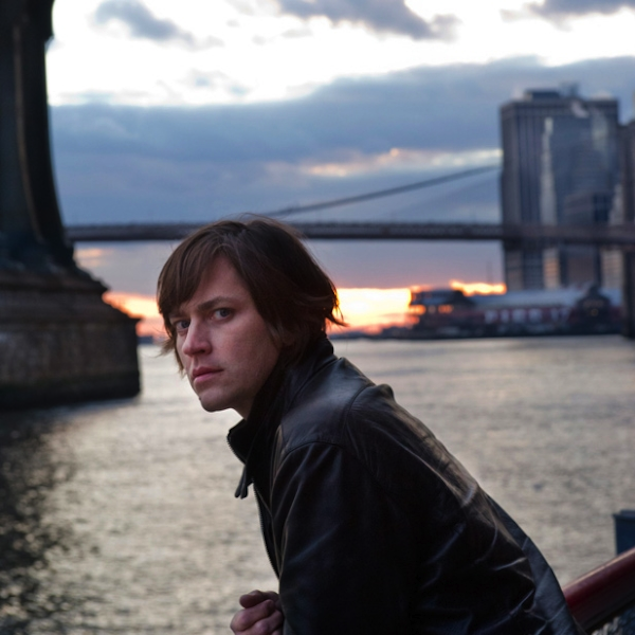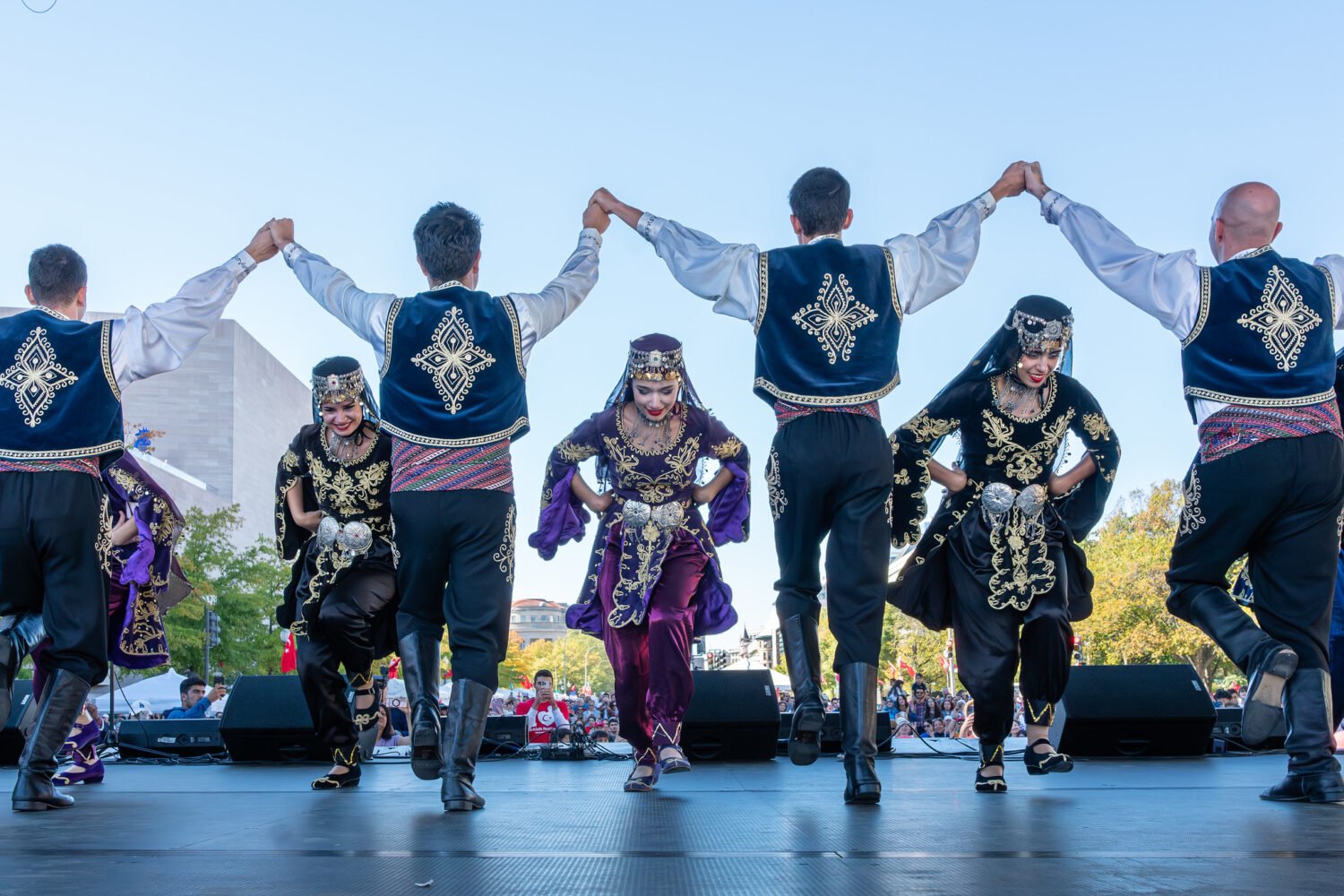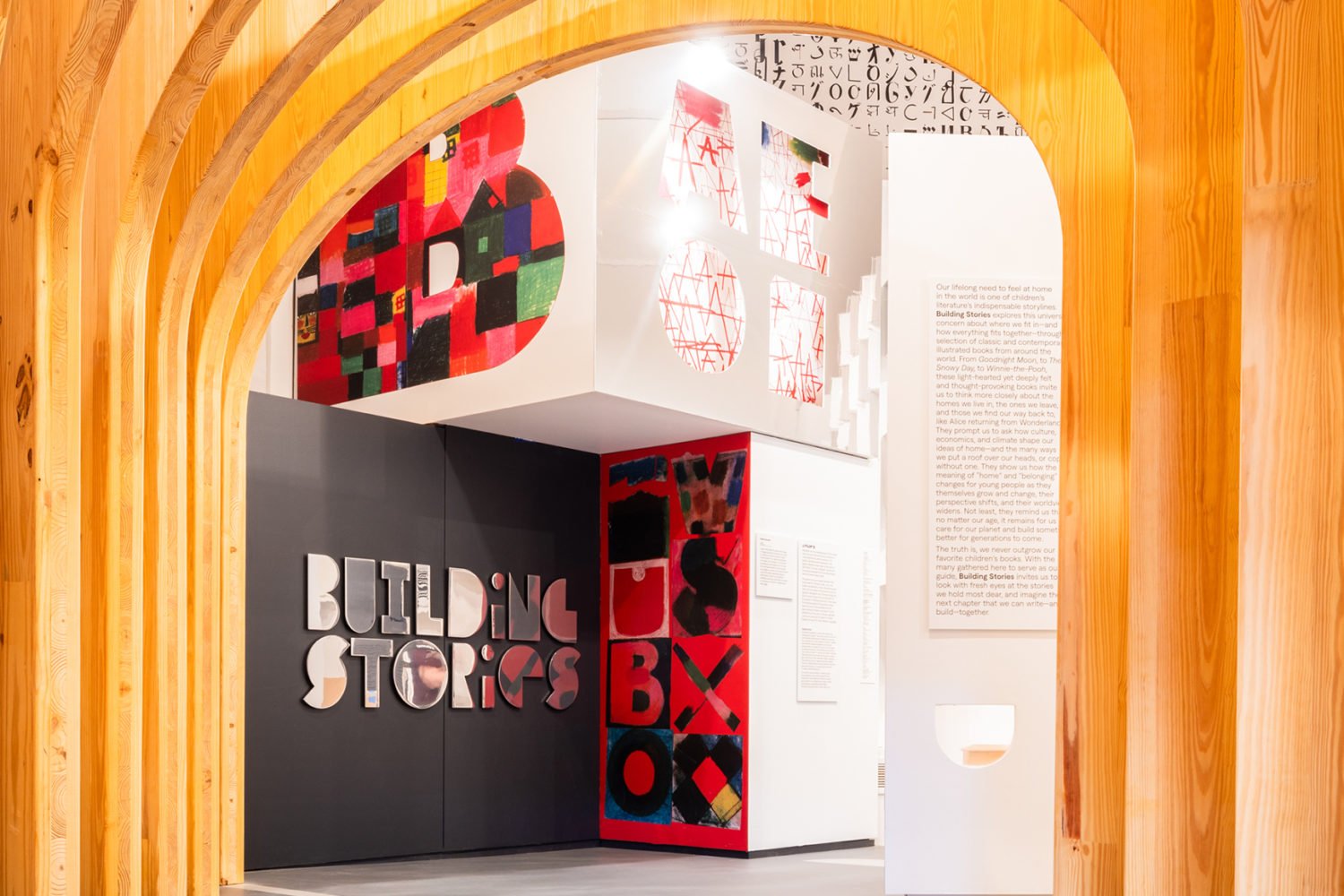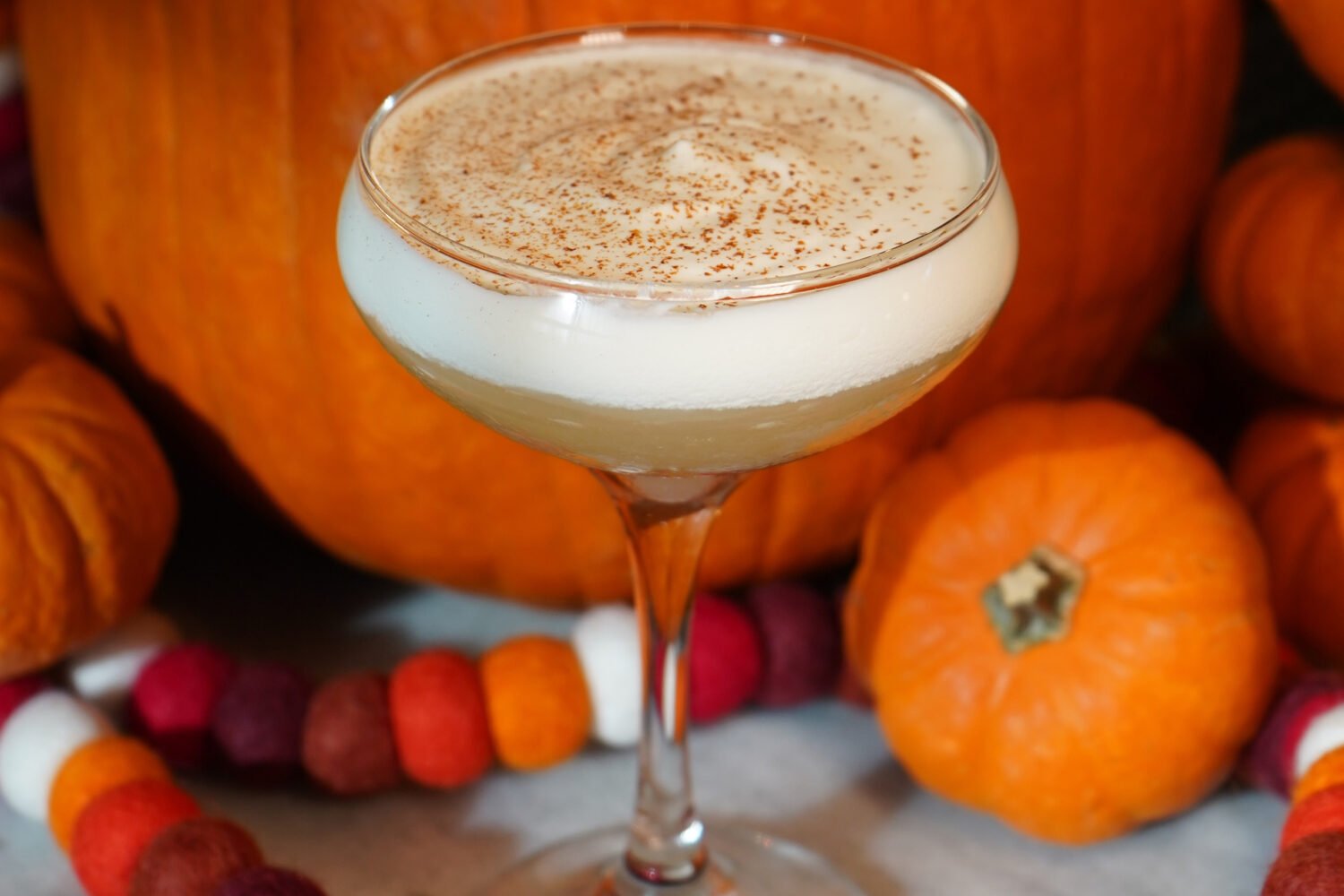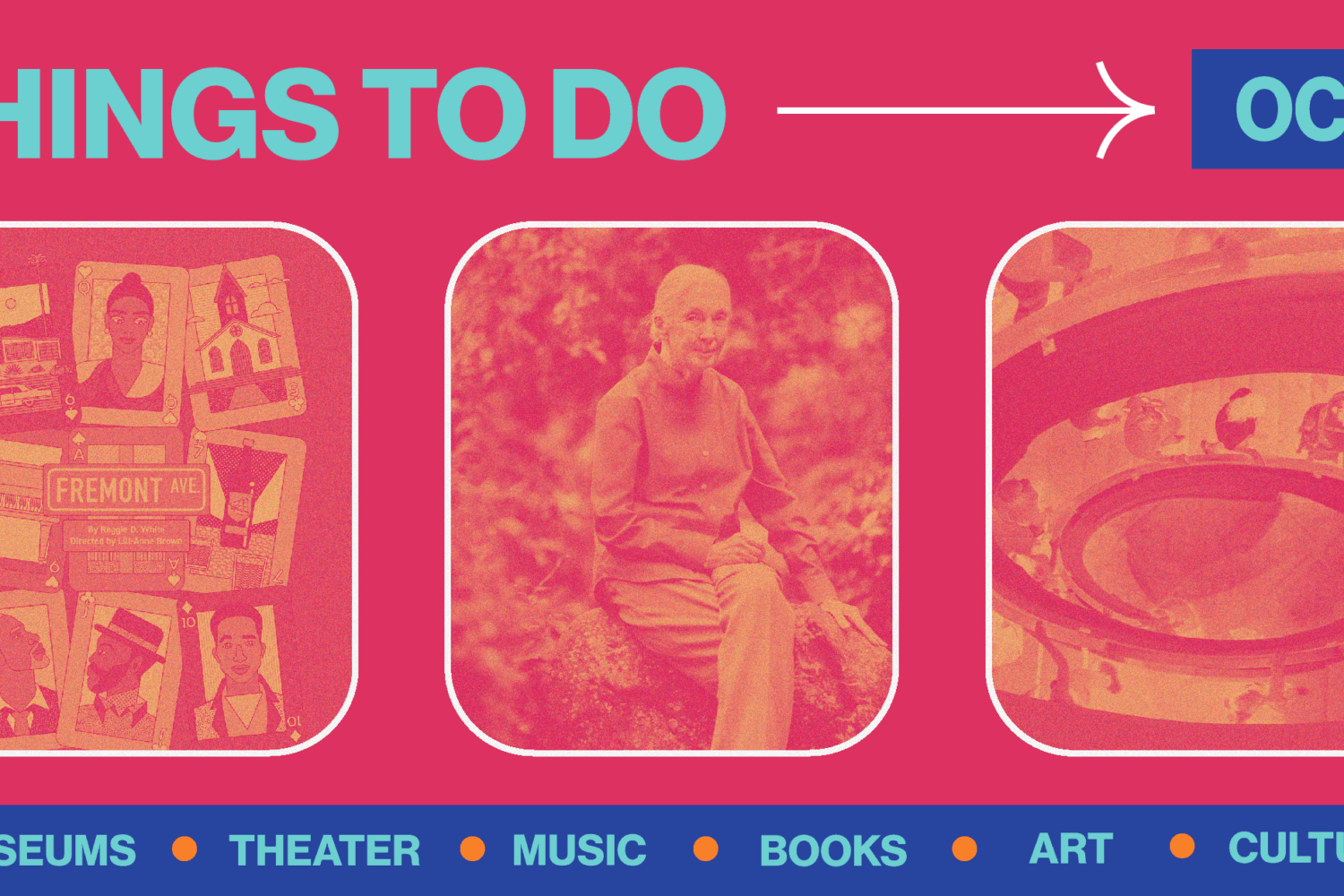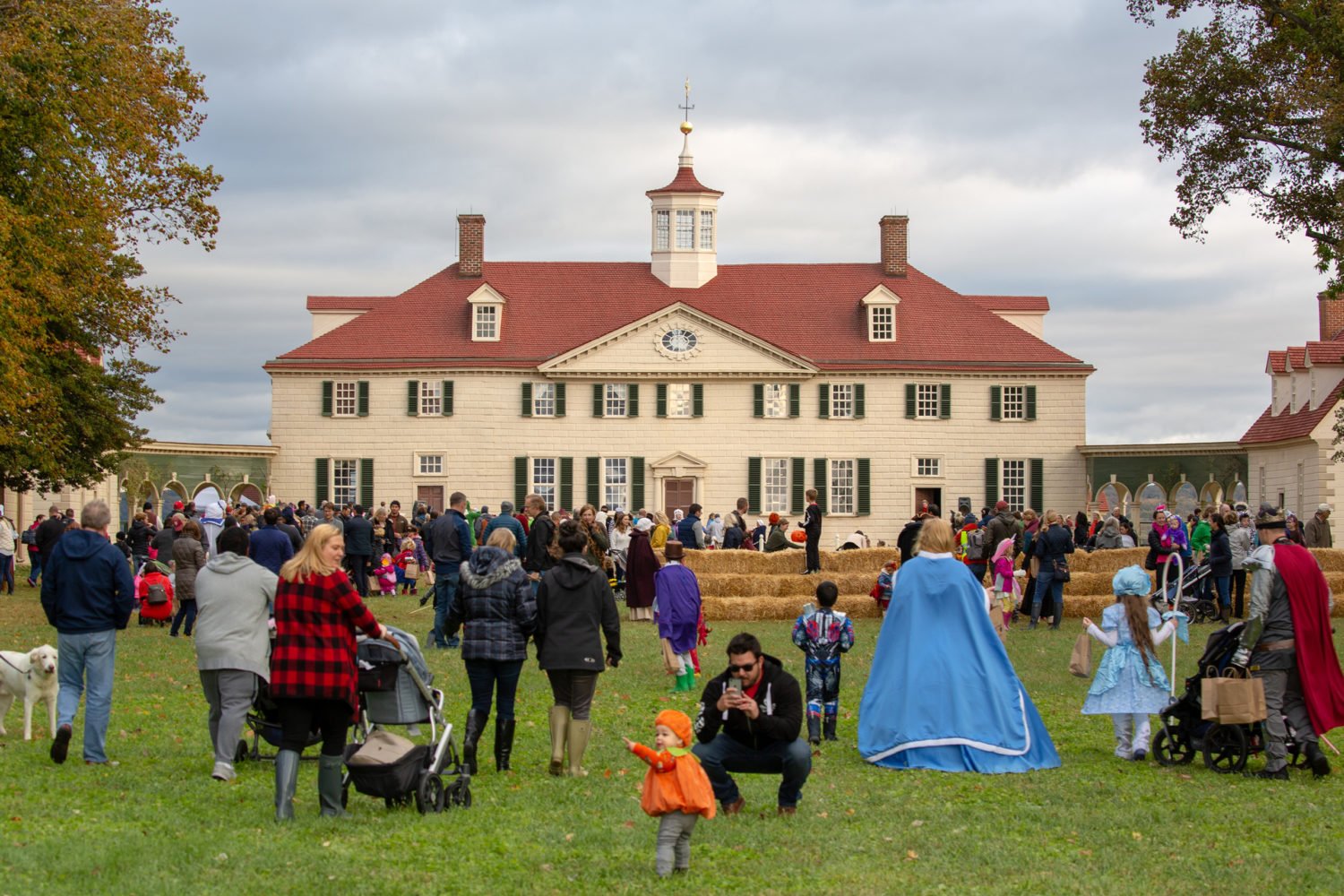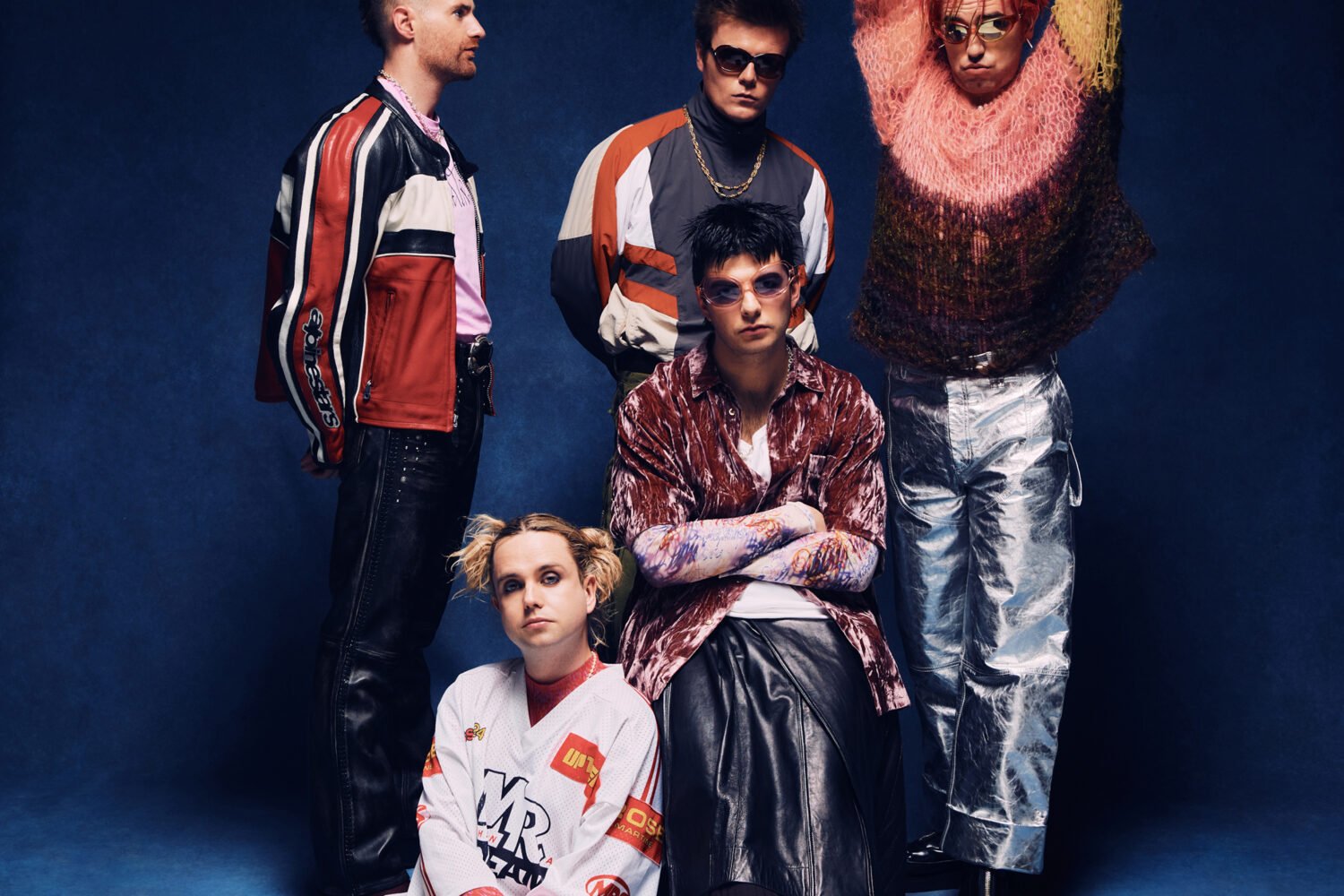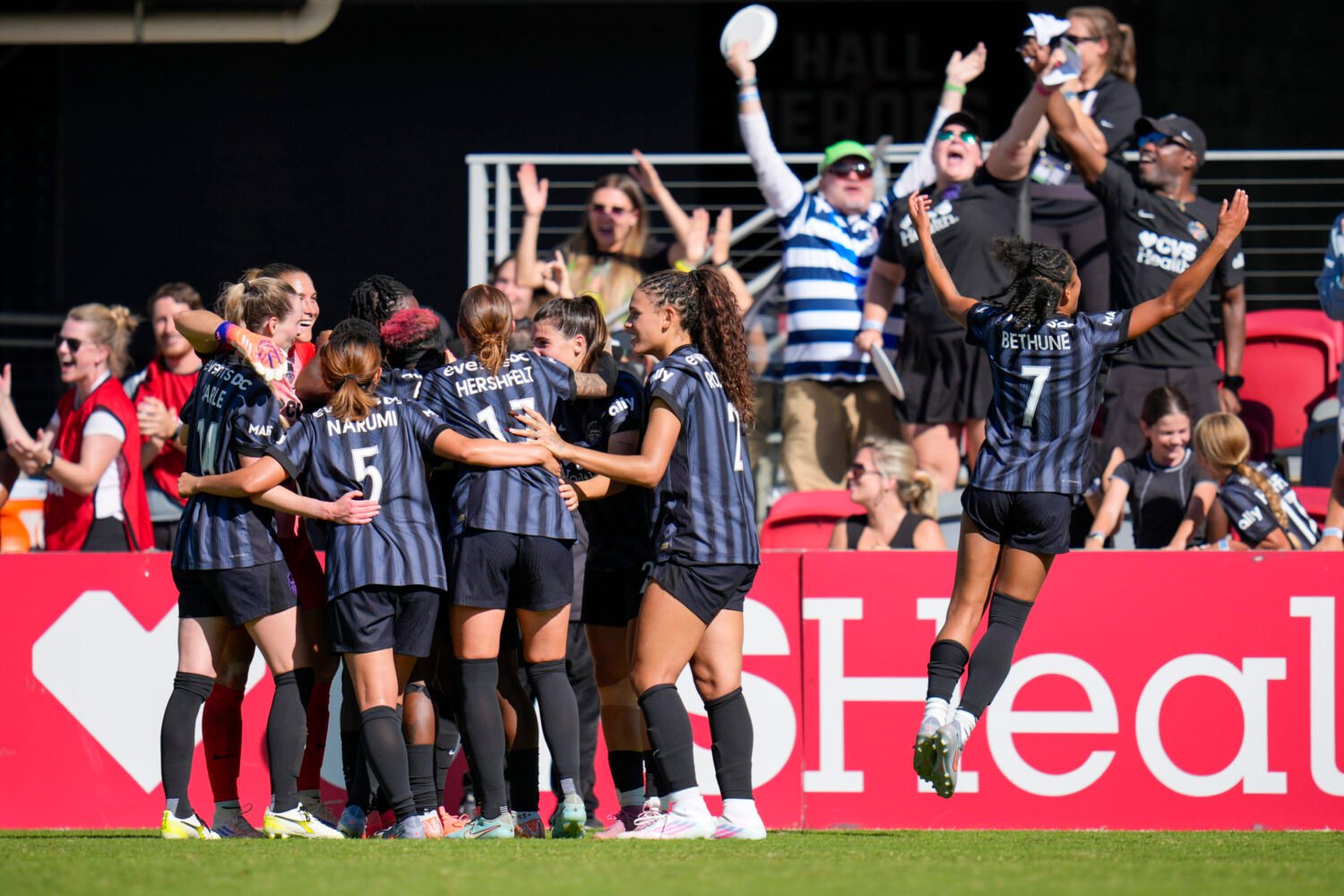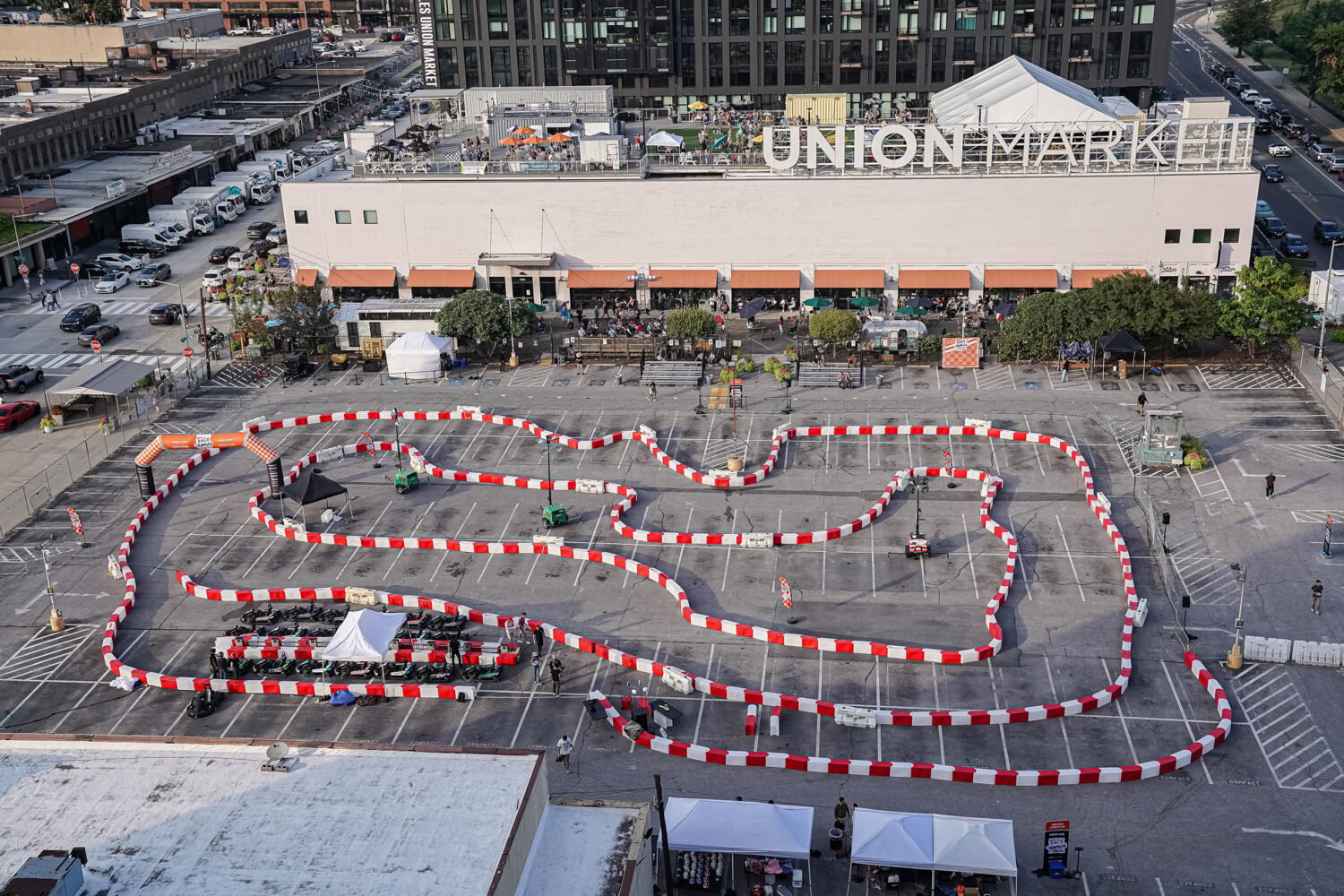In his more than two decades putting out records, singer-songwriter Rhett Miller has
had not one, but two successful careers. He’s equally well known for his dreamy solo
tracks as he is as the frontman of the twangier alt-country band the Old 97s. He performs
as the former at Jammin’ Java this Friday. We caught up with him by phone as he was
in the mode of his third career—husband and father, coming in from shoveling snow
and building a snow fort with his nine-year-old son and six-year-old daughter—to talk
balancing his commitments, learning to write in any environment, and living through
September 11 in Manhattan.
Where do you live that got so much snow?
North of Manhattan. I leave tomorrow to do this little run, and the kids had a snow
day but it’s perfect.
What’s life like at home with two kids versus life on the road? Is it hard to switch
between the two?
It’s very different. It’s kind of perfect in a way, because when I get sick of one
I do the other, and by the time I’m sick of that I get to go home again. It’s like
one of those moving sidewalks at the airport: You step off and it’s sort of jarring
that the ground is no longer moving. You’re used to one thing—having handlers or being
pampered or sleeping late—then I come home and suddenly I’m working to take care of
other people. It keeps me humble.
What percentage are you on the road these days?
It averages out to about half the time; sometimes I’m gone more than others, and sometimes
I’m home more than others. If there’s a new record out we work hard to promote it,
but the release of an album tends to be less of a dramatic event these days. It used
to be that you’d stay on the road for three months, but it’s kind of cool in a way
that there’s less emphasis on momentary releases.
Why do you think that is?
It’s just the way people consume music now—they’re less predisposed to worry about
one album that came out, and it’s more about ongoing consumption of music through
Spotify or Rhapsody or YouTube. It’s not so much about a physical product of a record,
taking it in like a big standalone piece of art; it’s more a flow of music.
Even a few years ago it was more about an album as a whole, but it’s changed dramatically.
I love the idea of albums; I love consuming an album. One of my favorite things is
when one of my favorite bands or artists puts out a record and I listen to it, and
it’s like it was created for me to sit down and listen to it and experience it. But
I think I’m excited for the era of singles and EPs and a stream of music.
The Dreamer, which I put out last year, I was thinking of as an album, but I don’t know that
I’m going to continue to do that in the future. I do have an idea for a Christmas
album, which is a start-to-finish kind of thing, but I’m having fun, and I’m glad
I get to keep creating a living like this.
Was there a specific experience that made you consider a career in music?
When I was my son’s age, my parents took me to a dinner theater show to see the Kingston
Trio, this real square folk band. I loved them—there was a lot of comedy in their
songs, between-song banter, beautiful harmonies. You could tell the years and years
they’d spent honing their craft, and it was a weird little thing that these guys made
a living [that way]. That was their job, and they seemed to love it. They played “Blowin’
in the Wind,” which they didn’t write—even then I knew Bob Dylan had written it—so
they had this minor hit of a cover of a Bob Dylan song, and they played it at every
show for 15 years, every gig, 200 times a year. I remember doing that math in my head—even
then I was predisposed to the idea of music as a job—and thinking about logistics:
Do they hate this song? Do they like that they got a big reaction to this song? I
got the impression that they appreciated it. People had paid money to go there, and
it was something they were excited to hear, and they were gonna go home glad that
three guys who’d come to Dallas had decided to play this song that maybe they were
sick of personally.
Do you have any songs like that?
There’s a song called “Victoria” that’s an Old 97s song, but I wrote it before the
Old 97s, in 1991. I feel a connection with it, but I wrote it 22 years ago, and I
still sing it at more than half of all gigs. People still like it—to me that’s the
great thing about writing songs: You write them, and they take on a life of their
own. There’s this Tom Waits quote: “I finish a song and say, ‘Now fly away and make
daddy some money.’”
My “Blowin’ in the Wind” would be “Question,” which is on an Old 97s record, and I
put it on a solo record. I’ve played it at pretty much every show I’ve done since
it came out. It’s a really little simple song about a guy proposing to a girl, and
it really resonated with people; I’ve heard from a lot of people that they used it
in their proposal or as a first dance at their wedding. It’s really useful, which
is the barometer by which I judge my songs: Do people need that song? Is it helping
some kid who’s having a hard time at school? Can somebody turn it on and it helps
their day be better or brighten their world?
Is that something you think about while you’re writing a song, or do you evaluate
after it’s done?
A little bit. . . . I have a hard time thinking about anything when I’m writing a
song. When I think too much about the song and its life after it leaves me, it messes
up the process of writing. If I calculate the song too much it sounds calculated,
and people pick up on it subconsciously. If somebody sounds like they’re trying to
take your money, it leaves a bad taste in your mouth.
So what is your writing process like?
It used to be very precious, in the middle of the night; there were lots of Reese’s
cups involved, and at first strawberry milk, which then became whiskey. Now as an
adult male who’s entered middle age—which is still weird to think about—I’m able to
write a song in a crowded room or the back bench of a van, or a living room filled
with screaming kids. I take [writing time] where I can get it; I’m a lot less precious
about needing my privacy. I don’t care anymore [laughs].
I read a piece in the
Atlantic
that was an excerpt from a journal you started keeping after fleeing Manhattan on
September 11. How did that come about?
I don’t journal as a rule, but I’ve always had notebooks, for songs or set lists or
ideas for writing, and they kind of function as journals. As I explained in the piece,
as we were fleeing, we had nothing; I’d grabbed my wallet, but we didn’t have our
cell phones or anything. So there we were, buying toothbrushes and I saw a notebook
and I thought, “I need to document this.” The number of people who were within two
blocks of the towers and survived and also gave a shit about writing or documenting
their life. . . There’s something inherently self-centered about what I do—make up
songs about my feelings or whatever—so I’m predisposed to imagine my innermost thoughts
and feelings have some value for a third party. So I thought, “I’m just going to write
down this experience; it’ll give me something to do, something to focus on.” Everyone
was so upset, there wasn’t much talking about it, but it allowed me to process without
further upsetting anyone by talking. There was so much stuff happening, it was a crucial
moment in the collective consciousness, and I knew I wanted to be able to remember
what had happened. Later I mentioned to a literary agent that I had that—I agonized
over it, because the idea of profiting off something like that or trying to gain attention
or exposure off that bothered me. I didn’t let her read it, but she mentioned it to someone at the
Atlantic, and they expressed interest. I had hundreds of pages of journaling and it ended
up being just a few pages. I’m proud of the way it turned out; it didn’t smack of
any sort of profiteering, and for what it’s worth I donated a lot of the proceeds
to the survivors fund. It’s a tough thing to talk about, but I’ve found the things
are toughest to talk about are frequently the most valuable.
In the end of the piece you say you don’t discuss the day’s events much anymore—do
you think it comes out in your music in any way?
The song I most relate to it is a song I started the night before and finished after,
“World Inside the World.” It’s inspired by that Don DeLillo novel
Underworld, and the idea that there’s a world inside of the world. I took that and turned it
into a song, and it’s the one I still perform frequently—whatever I do, I’m transported
back to that. A lot of songs were colored by the experience, but that’s the one I
most closely relate to it.
On a lighter note, you’ve had kind of a binary career, with your success both as a
solo artist and with the Old 97s. How do you balance the two?
In early 2000s it was weird, just because you sort of have to put all your energy
into something to make it work. So I felt like I was split in two; it was definitely
a lot of growing pains and figuring out how it was going to work. But the band has
been so cool about it and fans have embraced both, so I’ve been able to do both without
sacrificing too much momentum. It’s never easy to make a job out of making up songs
and singing them for people—the whole thing is so weird and tricky, so there’s always
a lot of juggling, even without a binary career. But I like a challenge, and I like
being able to have the solo outlet. I have a ton of songs the band’s not interested
in, and if I didn’t get to release them I’d go nuts and hold it against the guys maybe.
[In terms of touring] I defer to the 97s since we’ve made so many records and they’ve
devoted their lives to being in the band. I think we draw bigger audiences, and I
wouldn’t be where I was without them. So I give them precedence, but it’s easier because
other guys are all a little bit older, and we all have families now, so if they don’t
have to go on tour they’re not angry about it.
I do a lot more solo acoustic gigs—it’s a lot easier and a bigger profit margin. I’m
more able to feed my kids if I’m not carrying so much payroll on tour. But there’s
also just something I love about walking onto a stage with an acoustic guitar and
my wits and my catalog and earning my pay. Talk about a challenge—it’s not as hard
as being a standup comedian . . . but it’s a fun challenge, walking up onstage by
myself.
Almost all of your solo albums use the same naming convention—what’s the thought process
behind that?
I’m no marketing expert, but I love, in writing, the idea of motifs. Nabokov, who’s
a writer I really admire, has characters that reappear in different novels. I love
to sift through a body of work to find recurring themes. There’s a ship called the
Halcyon in a few of my songs, or different characters that pop up in different songs. I like
the idea of that. I try not to mythologize myself or my career too much, but part
of what I do requires a bit of that. I like to treat my body of work as one thing,
and I like that the records all have similar titles. There’s the one solo record
I called
Rhett Miller, and I wish I could go back in time and call it
The Rhett Miller—even down to the ER on the end. It would be so great.
What’s next after this run of shows?
I’m heading to Harrisburg by myself with a local opener, then I’m doing three dates
with a band called Black Prairie, which is a bunch of members of Decemberists. They’re
gonna open and join me for a few songs in Vienna, and the next night I’m in Pittsburgh.
We might try to do more shows together; it’s always fun when you find a band you can
get along with.
Then the 97s go out on three-week run through Southeast and South, then I go up to
West Coast for a solo acoustic run, and then come home for handful of dates in the
Northeast with Drive-By Truckers, so that’s two alt-country stalwarts sharing a bill.
It’s a lot of stuff. No rest for the wicked, I guess.
Rhett Miller performs at Jammin’ Java Friday, January 18, at 8 PM. Tickets are sold
out.

